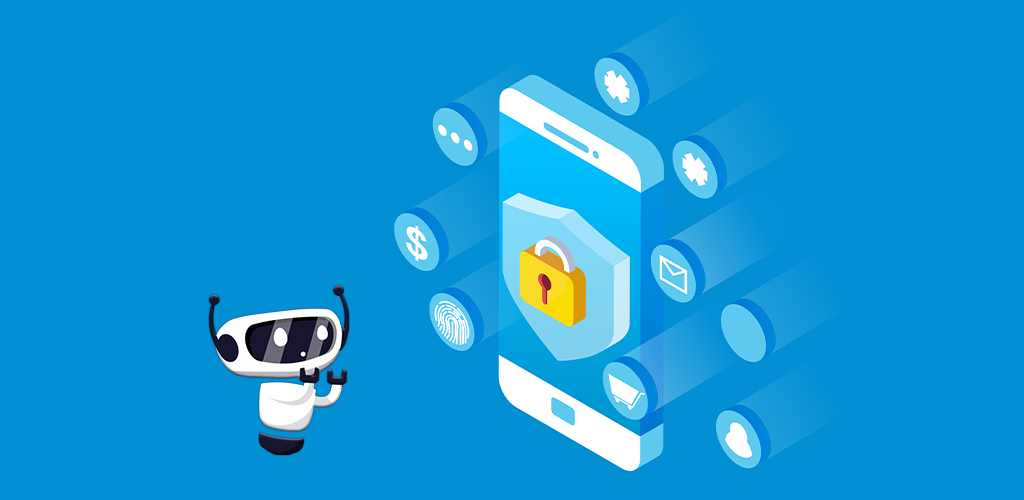October 1, 2020
A Beginner’s Guide to VPN Protection Online
Posted by kevin

You’ve probably heard of the term “virtual private network” before. While dependence on the internet grows, so does the popularity of VPNs. As the name suggests, it’s a tool that has something to do with privacy. You might even understand that you should have one. However, beyond that, you may not know what a VPN actually does, or why you should install one. Let’s dive into the basics of VPNs and VPN protection online.
- The basics
- Protection 101
- Tunnelling
- IP masking
The Basics
Generally speaking, anyone who uses the internet is being watched. All activity is potentially monitored, tracked, and recorded, by a variety of groups. These groups include the websites you visit, advertisers, and your internet service provider. Once they have your data, these groups may even sell it to more groups. Without protection, everything you do online is open season for data collectors.
That’s where VPN protection online comes in. Virtual private networks—such as HotBot VPN—provide two core functions for users. They’re used for 1) encryption and 2) anonymity.
Protection 101
Now you know that VPNs offer encryption and anonymity. But what exactly do these terms mean? Let’s start with encryption.
In general, encryption refers to the process of converting information into a secret code. This may sound like the stuff of spy movies, but encryption is actually a key element of privacy online. Consider this scenario. You open up your web browser and navigate to your online banking platform. You type in your username and password, then have access to all of your money and bank accounts. If this activity is not encrypted, anyone watching suddenly has your banking details and information about your financial situation. Of course, any trustworthy bank would already offer some encryption on their website, however online safety is always best when you provide your own. That’s where VPN protection comes in: no matter which website you use, no matter the level of security of each website, a VPN will always encrypt your connection to ensure that your activity is scrambled from prying eyes.
Moving on to anonymity, the basic definition calls it a situation in which a person’s identity is unknown. In the case of VPN protection online, these tools prevent websites and other prying eyes from tracing online activity back to a specific person.
In order to achieve encryption and anonymity, VPNs use a couple of methods, but the main ones are tunnelling and IP masking, which we’ll dive a little deeper into.
Tunnelling
Just like a physical tunnel connects one destination to another, so does a digital one. When it comes to VPNs, the tool creates a “secret” passage between your device and the websites you visit. This tunnel encrypts your activity so that no one outside of yourself and the website you’re on can see what you’re doing.
IP Masking
So when you connect to the internet with a VPN, the VPN starts by creating an encrypted tunnel between you and a website. However, your IP address is still visible to the website and possibly to outsiders, who can at least learn the websites you visit. How do you prevent all of your activity from being seen and traced back to you? That’s the next step a VPN takes. Typically, your activity is traced back to you because your devices are assigned an IP address. A good VPN hides your real IP address and replaces it with one of their own. When you end your session, any activity that wasn’t hidden by the encrypted tunnel can’t be associated with you.
Conclusion
One of the best ways of protecting yourself online is by using a VPN. However, it’s hard to trust a VPN when you don’t understand what they are or how they work. This guide should help you understand the basics of VPNs so you can download one today.
Experience secure internet access with our VPN service by visiting our website now!
Posted by kevin
More Blog Posts
February 14, 2023
How the Investigatory Powers Act Impacts Citizen Privacy
In 2016, the United Kingdom passed the Investigatory Powers Act or IP Act, into law. This act empowered the government and related agencies to access and collect citizen data, without consent. Critics immediately slammed the new law. The media dubbed it the “Snoopers’ Charter.” Meanwhile, Edward Snowden described the act as “the most extreme surveillance […] Read moreFebruary 14, 2023
Review: qBittorrent Torrent Client
If you plan on torrenting files, you need a client with which to do so. There are dozens on the market, some paid, some free. Others are feature-heavy while some have just the basics. A few are recent additions to the market while others have been around nearly as long as torrenting. The qBittorrent torrent […] Read moreFebruary 14, 2023

